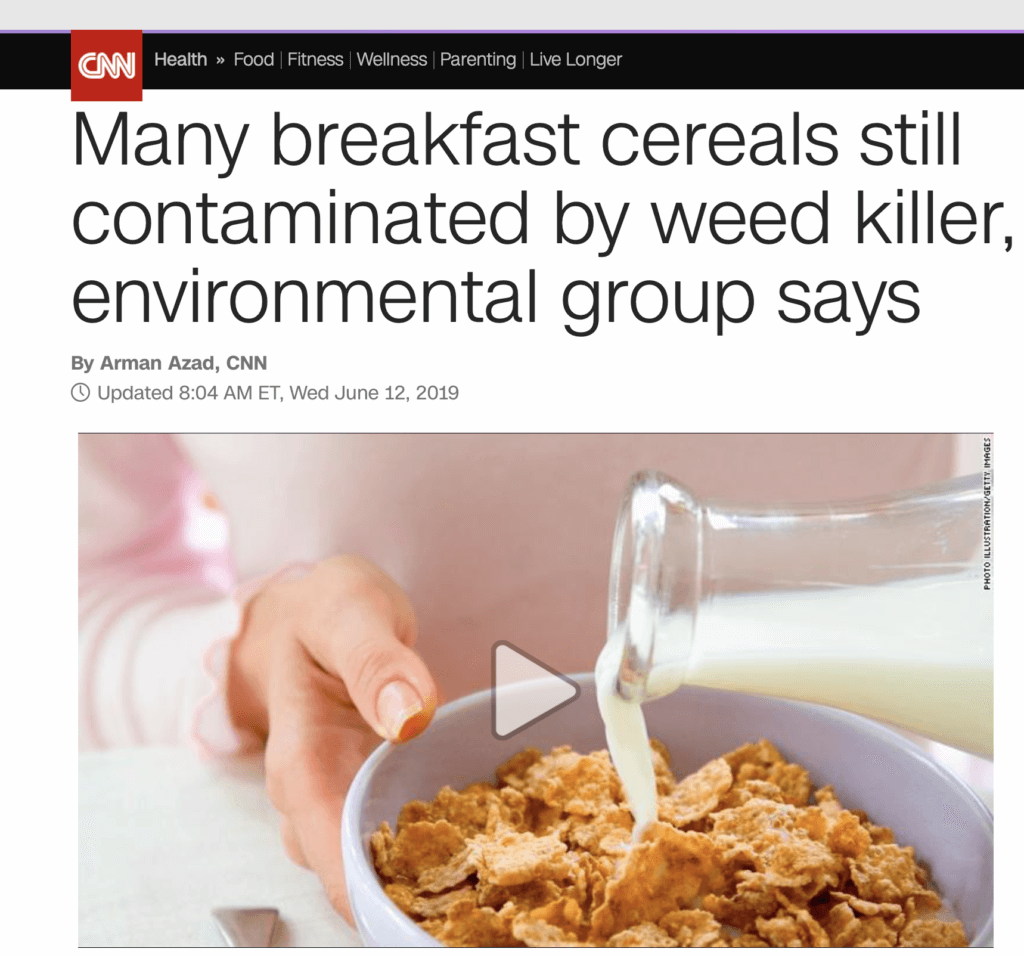Hillary Kaufman | July 24, 2020
Full
disclosure: I buy organic fruits & veggies. I also buy conventional
fruits & veggies. For me, it depends on the time of year, the way
the produce looks, which grocer or market I’m visiting, and price (those
two-for-one berry deals are no joke!). At D2D, we also believe that
feeding a growing population requires all kinds of safe, sustainable
growing methods. We should have a choice and not be unnecessarily fearful of the food at the grocery store.
What's at Stake?
I
f I told you that I only buy organic produce, you’d probably assume that I had the Environmental Working Group’s (EWG) list of contaminated produce memorized for when I go shopping, right? And probably expound on the “horrors” of conventional farming, too. Some of you may not know what EWG is, but you’re probably familiar with their annual “Dirty Dozen” list showing which conventionally-farmed fruits and veggies have the most pesticide residue based on data from the USDA Pesticide Data Program. But should you really be afraid of these “Dirty Dozen” items?
EWG would give a big ‘yes’ to that one. But wouldn’t you do this, too, if your corporate donations came
from Organic Valley, Earthbound Farms, Applegate Farms, and Stonyfield
Farms? Hey, I kinda get it – they’d infuriate their stakeholders if they
published information discouraging their products. But their report
hurts our health and frankly, our sanity. And at a time when we need it
most with COVID-19.............To Read More......
Would you worry if you knew your food contained sucrose octanoate esters or tocopherols? They might sound frightening, but don’t fret. These substances in packaged foods are also known as sugar, fat and vitamin E.
But see what I did there? I used chemical names to evoke fear by telling you those items were in your food. For a moment, you were probably wary of ingesting tocopherols. Scare tactics like this are often used by marketers to make people buy one product over another — especially organic over conventionally grown foods, which consumers spend billions of dollars on annually.
The Environmental Working Group, a nonprofit organization that focuses on human health and environmentalism, contributes to this fear. In March, it released a report called “Organic: The Original Clean Food,” which asserted that organic packaged foods are safer than conventional packaged foods, because they don’t contain toxic pesticides or added chemicals. The report says “organic packaged foods are the only clean option for consumers.” That’s a scary thought considering the high cost of organic products — an organic 50-gram chocolate bar is $4.99 while a conventional one costs about $1.50.
(This is probably an opportune moment to point out that a small amount of the EWG’s funding comes from the organic food industry and that many of its reports and claims have been heavily criticized by members of the scientific community.)
As a dietitian, I encourage people to choose fresh food more often than processed foods, whether organic or not. Organic cookies, chips and soda are not healthier than conventional versions. But the EWG says conventional packaged foods are filled with “chemicals.”
This is where I remind you that “chemical” is not synonymous with “dangerous.”...........The dose makes the poison.............To Read More.....

